TSC Impact Report 2020
Benefits of consumer products come with
environmental and social impacts
Consumer goods bring countless benefits to society, dramatically improving our quality of life around the world. From hand soap that prevents diseases, and packaging that preserves our food, to the electronic devices that are transforming our economies and societies, the conveniences we take for granted today began as niche products only the wealthy could afford.
Over time, falling prices and rising incomes have made them more widely available and accessible. Through improved production methods and economies of scale that reduce costs, the penetration of consumer goods now reaches well beyond the middle class and has accelerated rapidly. In China for example, mobile phone usage has more than doubled in a decade, rising from 48 phones per 100-people to 105 phones per 100-people in 2017 (see Figure 1).
Consumer products are produced and sold by a supply chain of organizations. For example, mobile phones are made by a supply chain consisting in part of mining companies, plastics manufacturers, electronics parts manufacturers, phone assemblers, retailers, and service providers. While the physical activities performed by these organizations add value to the final product, they also create impacts on the environment and people. Energy, water, and resources are consumed in production, and some activities may contribute to pollution, threaten ecosystems, or impact humans in negative ways.
Across the globe, the middle class, or consuming class, is predicted to grow by two-thirds between 2015 and 2030, from 3.2 billion to 5.3 billion. This means that the benefits provided by our consumer goods economy will come with an increasingly sizeable sustainability price tag, both for people and the planet. As technology accelerates product life cycles and enables “fast fashion” consumption models to spread into nearly every product category, these impacts will only be exacerbated.
Global production and use of food and consumer goods accounts for more than 60 percent of all greenhouse gas emissions , 80 percent of water usage (mostly due to agriculture), and two-thirds of tropical forest loss globally . A sustainable world requires sustainable production and consumption. Incentivizing and supporting brands, manufacturers and their suppliers to adopt new methods and design more sustainable products is one of our biggest levers for driving sustainability globally.
Due to its sheer size, the consumer goods sector represents one of the single biggest levers to address sustainability on a global basis, particularly because of the concentration of retail trade which sits at the end of the consumer goods supply chain. Overall retail sales in 2017 were over $22.6 trillion—a trillion of which is represented by fewer than ten of the largest global retailers.
Concentration in the global retail trade, combined with focused action, makes dramatic gains like this—including improvements in water, forestry, and labor practices—quite feasible if the industry embraces an aligned course of improvements.
THESIS: A market mechanism driving change
There are two basic ways in which corporate sustainability practices change:
First, companies can be forced by government regulations to change.
The second way in which corporate change occurs is by companies voluntarily changing their practices.
“The THESIS results help drive constructive dialogues with the merchants; they are relevant, impactful and the results have real currency with the account.”
– Team Leader, CPG
THESIS is the independent, science-based, holistic sustainability performance solution that allows companies to understand and then tell the sustainability story of their products. THESIS provides a definitive way to identify social and environmental risks, unlock opportunities, and showcase results.
THESIS does this by:
- Using the best sustainability science to identify what’s most important and most impactful.
- Covering the full breadth of social and environmental issues.
- Covering the full breadth of food and consumer goods.
- Putting brand-owners and manufacturers at the center of the conversation with retailers, consumers, and other buyers
THESIS was developed by The Sustainability Consortium using a multi-stakeholder approach. Scientists identified the relevant environmental and social hotspots via published research literature. Key performance indicators, in the form of assessment questions, were developed that would allow brand manufacturers to evaluate and share their progress in addressing these hotspots.
THESIS on SupplyShift
Brand-owners and manufacturers take ownership of their sustainability performance by annually completing their THESIS assessments. THESIS on SupplyShift enables these users to select assessments most appropriate for their products and then simultaneously share their results with all participating customers.
THESIS scorecards
- Use the best sustainability science for companies to identify what’s most important and most impactful
- Include anonymized peer ranking and benchmarking for every key performance indicator (KPI) designed to address hotspots
- Update in real-time
- Include action recommendations specific to performance results for every KPI
Retailers and other buyers use THESIS to understand and act on the sustainability performance of the wide range of products they purchase and sell. By receiving supplier sustainability performance through THESIS buyers can:
- Compare who leads and lags in sustainability performance
- Identify suppliers with advanced sustainability practices
- Review opportunities for market advantages
- Reduce supplier survey fatigue
- Identify and manage high risk suppliers
Footwear improved by 75% over the three years.
As shown in the chart, Hand Tools assessments more than doubled their score from 2016 to 2019. The category does particularly well on the issues of energy efficiency in the use phase, product design, and responsible battery management. All these point to these manufacturers considering sustainability issues during the design process.
Footwear producers have particularly high scores in KPIs related to social issues: labor rights, worker health and safety, and protections for homeworkers. Increase attention to these issues had led manufacturers to improve their supply chain transparency.
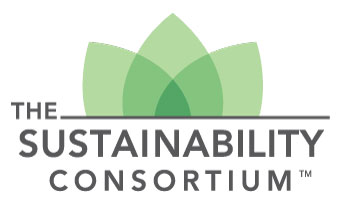


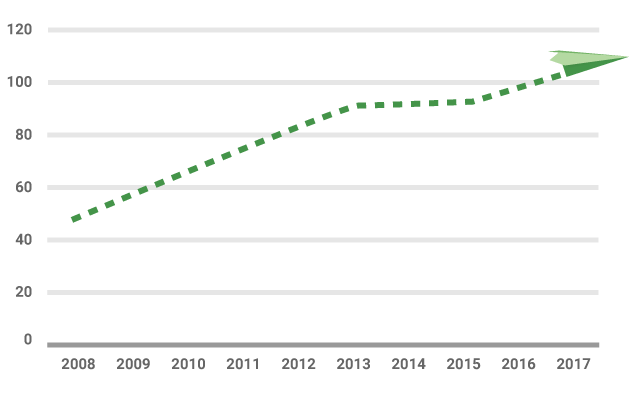
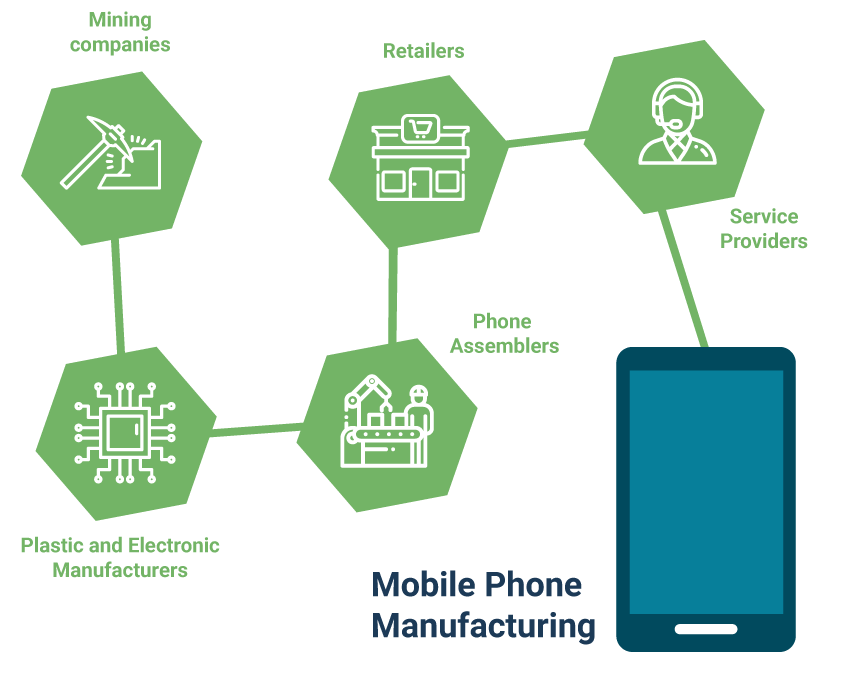
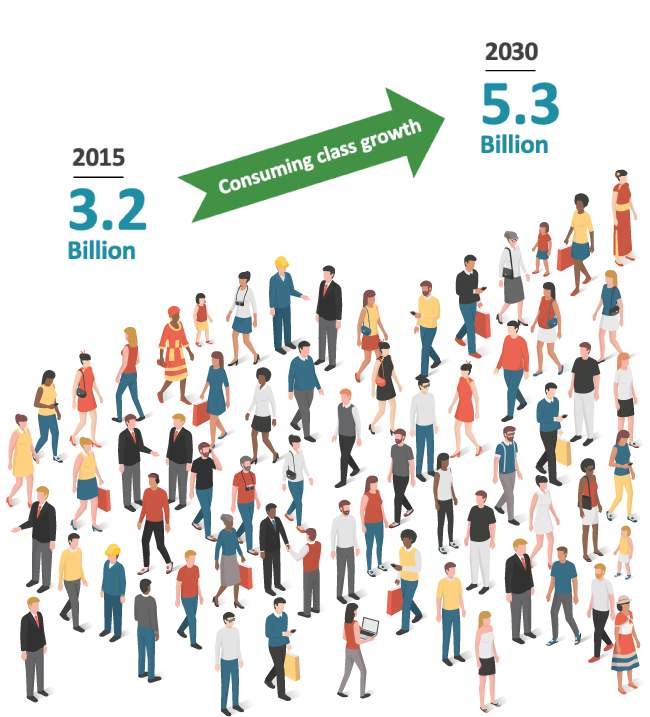
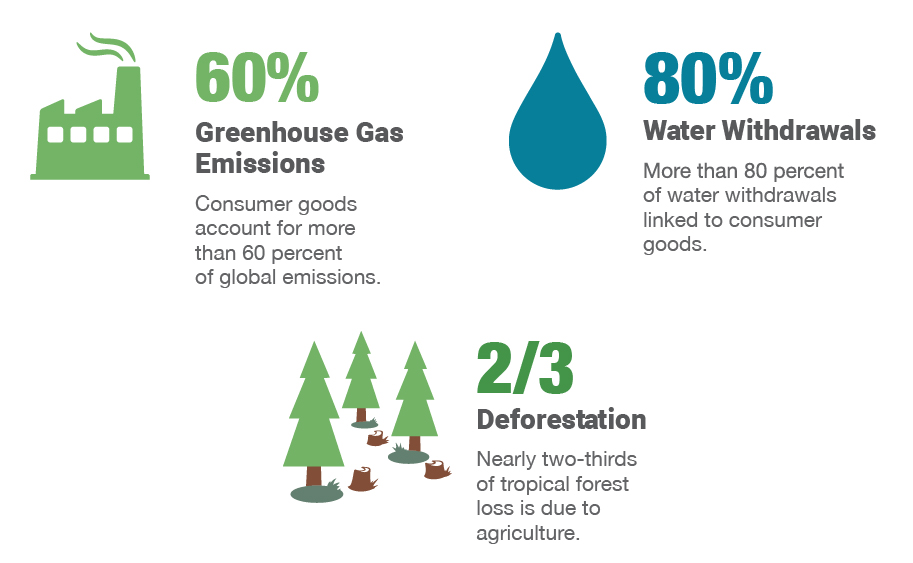
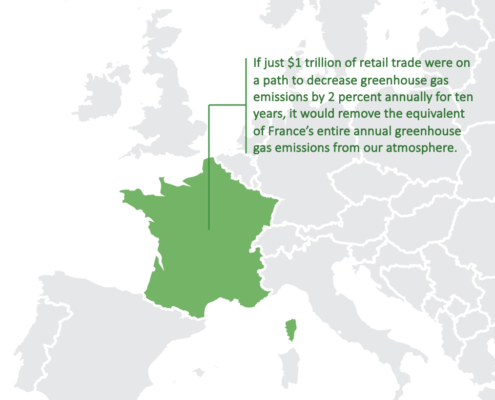

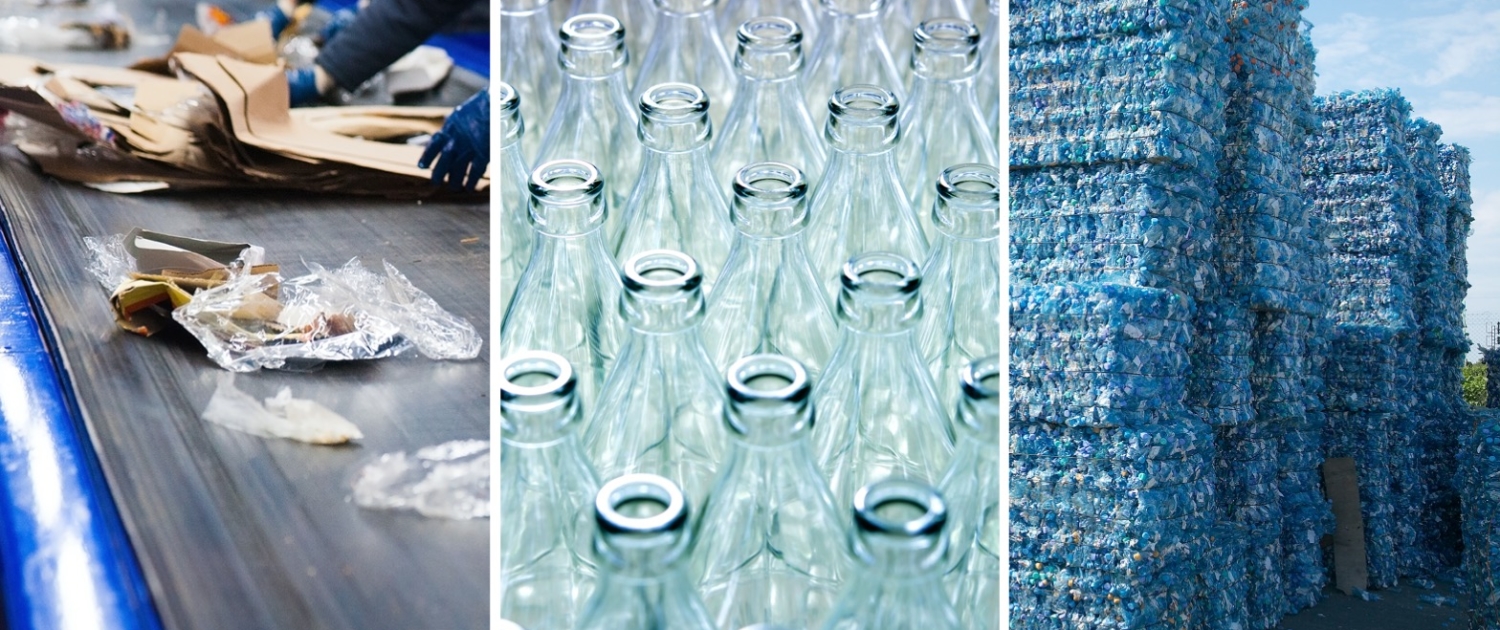
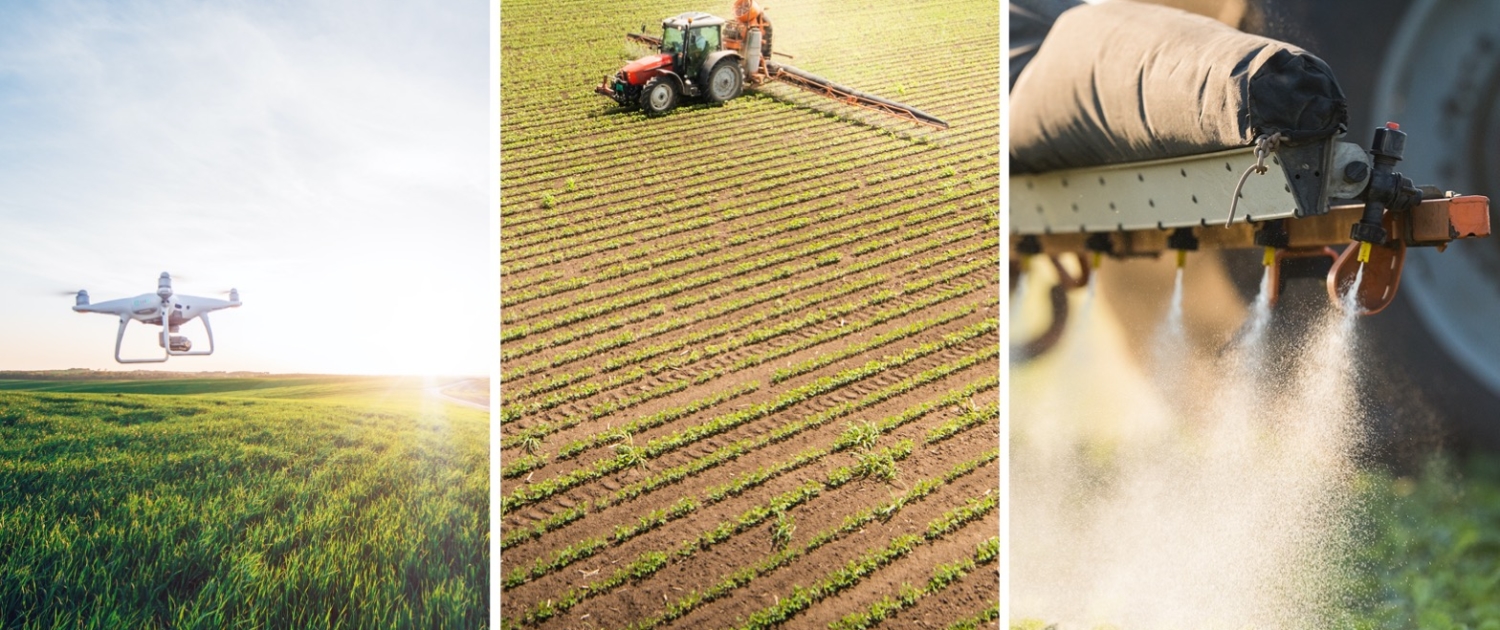
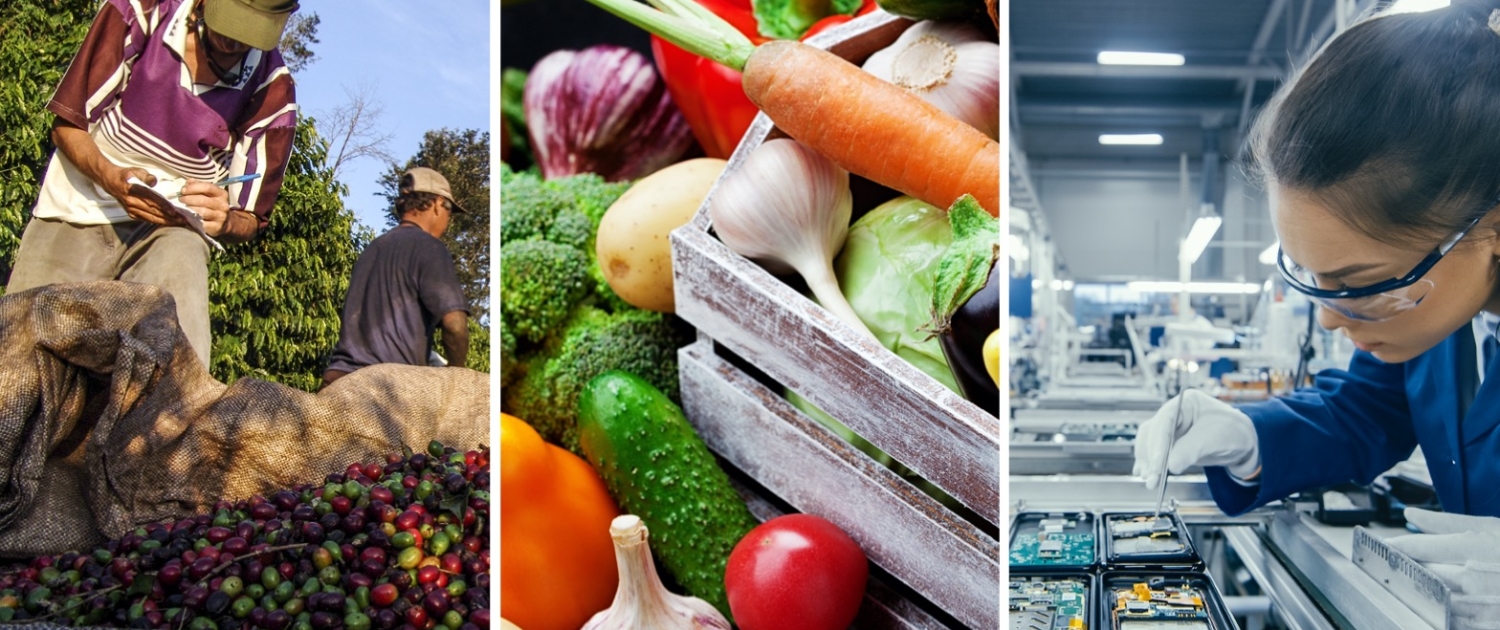



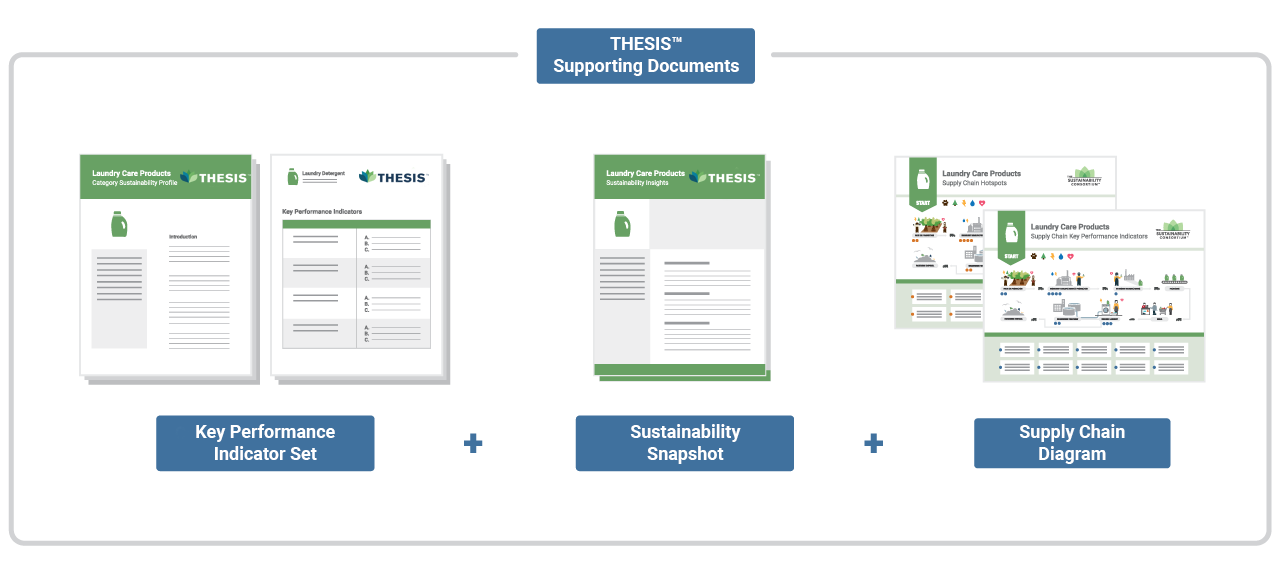
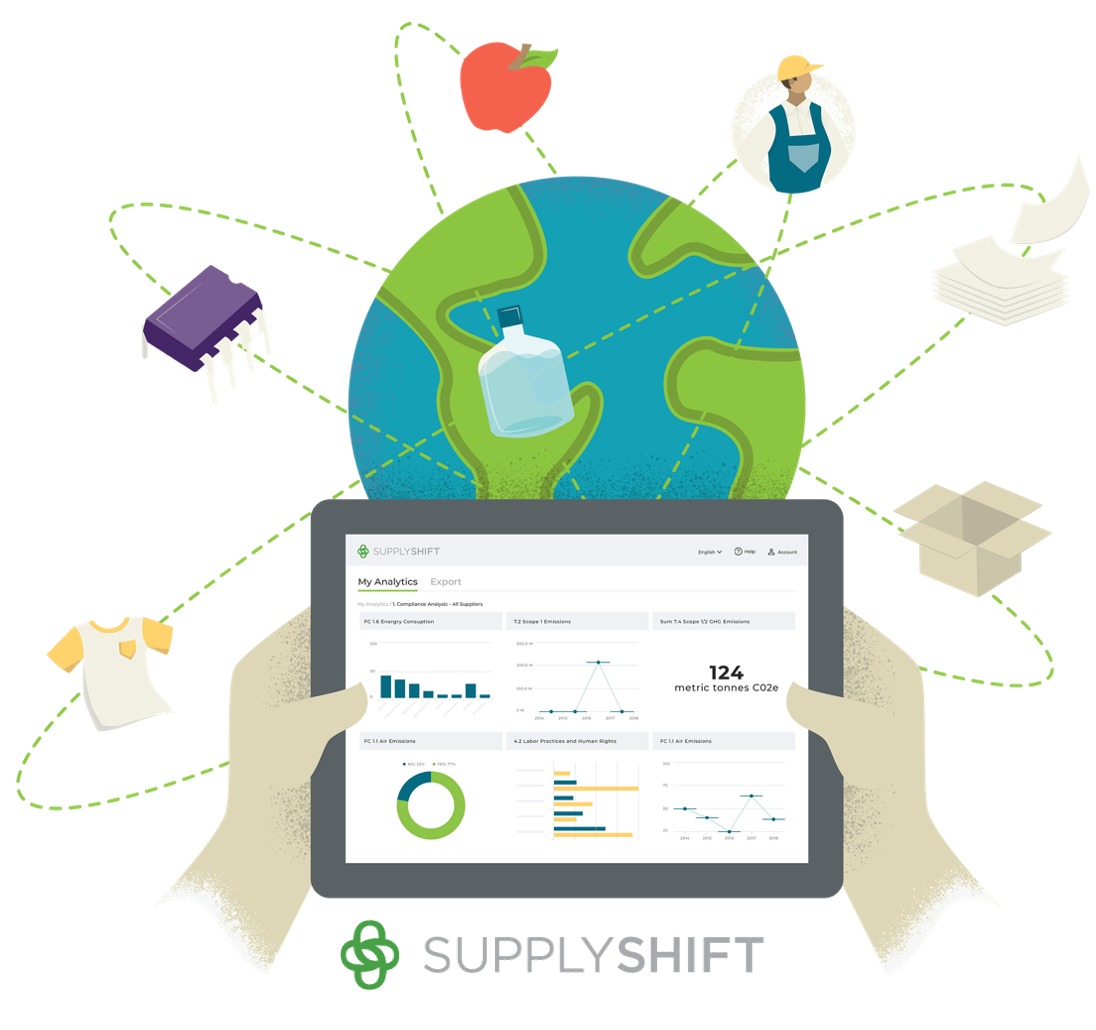
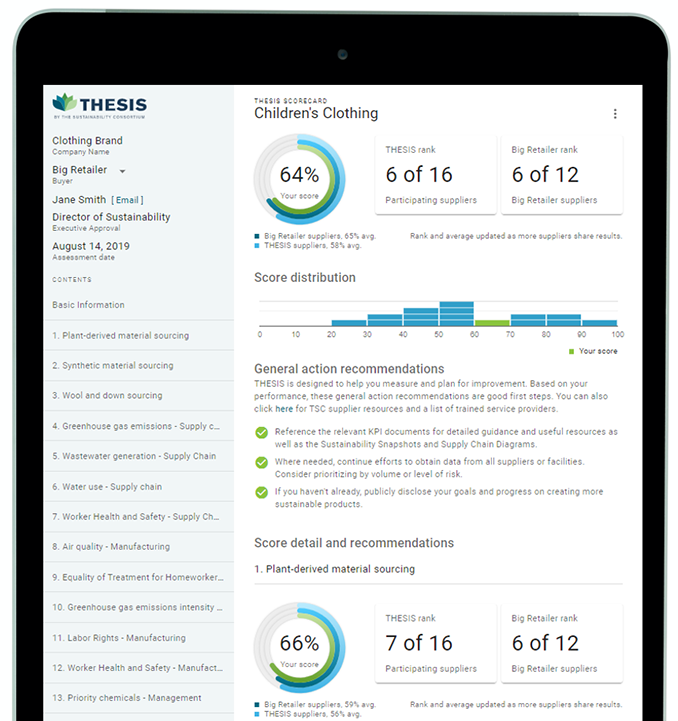
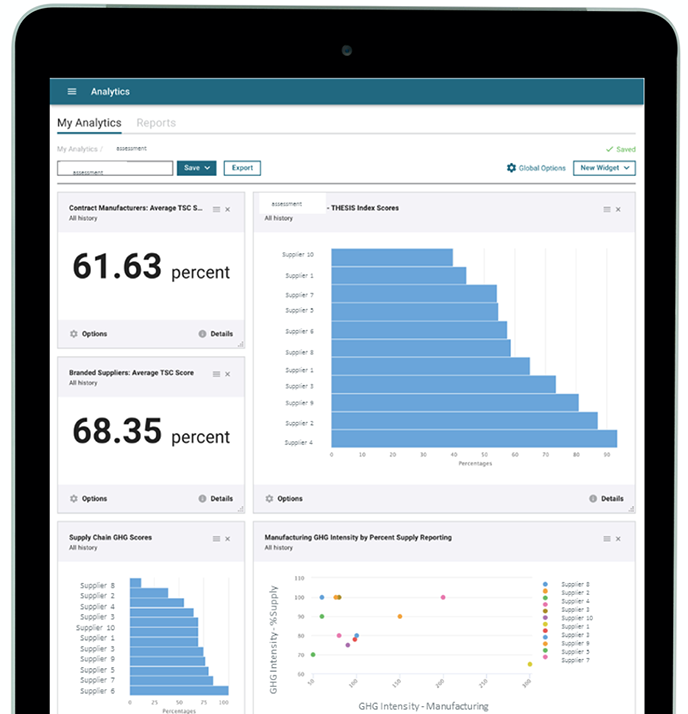
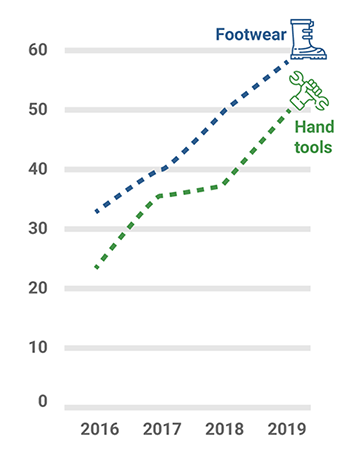








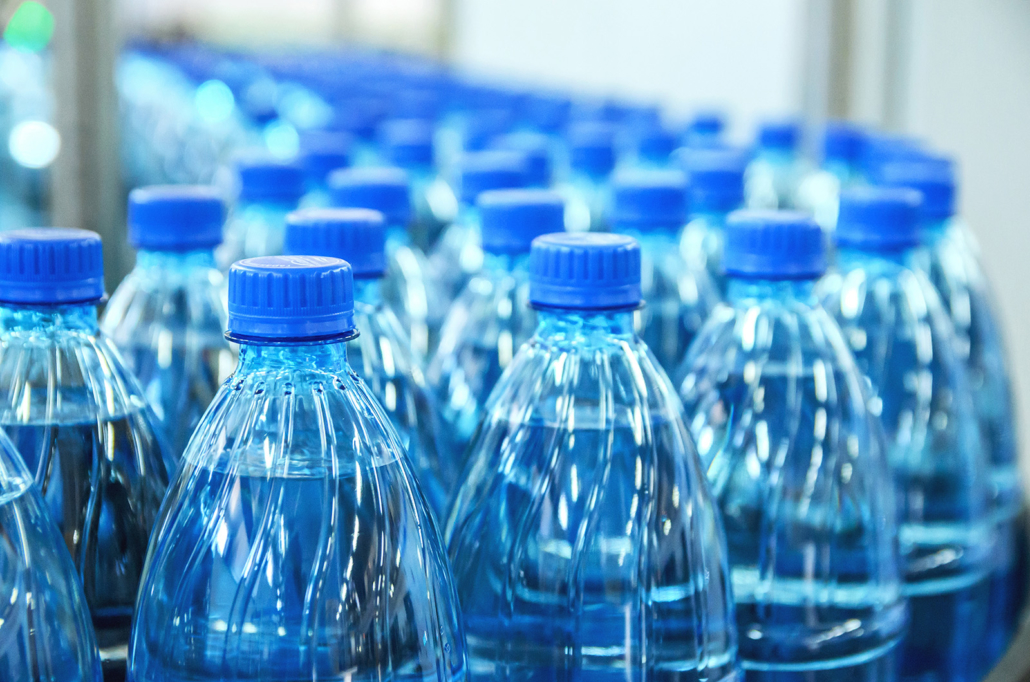
Past TSC Impact Reports
Sustainable Products for a Sustainable Planet
Sharing is caring.